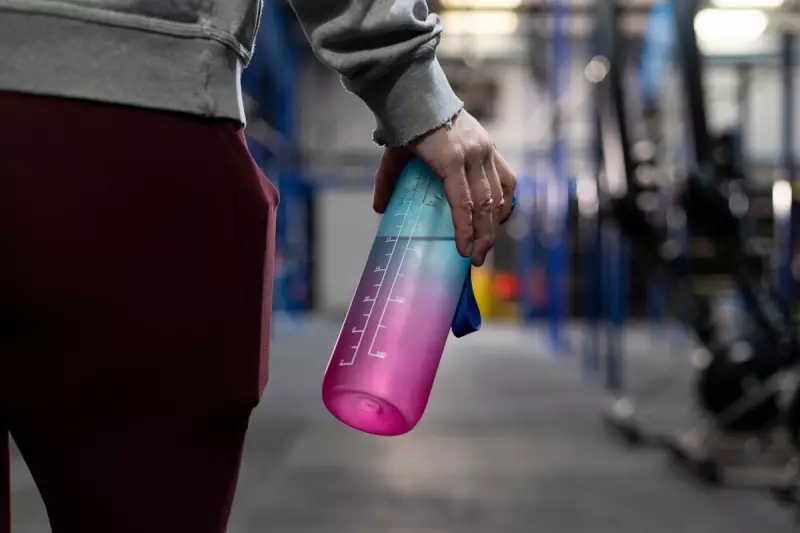
As school sports seasons intensify and teenage athletes push for competitive advantages, the question of creatine supplementation has become increasingly relevant for parents and coaches alike. This popular performance enhancer, long used by adult athletes, is now under the microscope for its potential benefits and risks for younger users.
What Exactly Is Creatine Monohydrate?
Creatine occurs naturally in our bodies and helps produce energy during high-intensity exercise. The supplement form simply concentrates this natural compound, potentially boosting performance in sports requiring explosive power like sprinting, weightlifting, and team sports.
When Is Creatine Appropriate For Teenagers?
According to sports nutrition experts, the green light for creatine use depends more on developmental stage than chronological age. "For teenagers who have already gone through puberty and are engaged in serious, structured training, creatine can be considered under proper guidance," explains Dr. Sarah Jenkins, a sports medicine specialist.
The consensus among health professionals suggests waiting until:
- The teenager has reached physical maturity (typically late teens)
- They're participating in elite-level competition or intense training
- Proper supervision from coaches and medical professionals is available
- A balanced nutritional foundation is already established
Potential Benefits For Young Athletes
When used appropriately, research indicates several potential advantages:
- Enhanced power output during short bursts of activity
- Improved recovery between training sessions
- Increased lean muscle mass when combined with resistance training
- Cognitive benefits including potential memory enhancement
Important Safety Considerations
Despite its popularity, creatine isn't without potential concerns for developing bodies. Proper hydration becomes crucial, as the supplement can increase water retention. Some teenagers might experience digestive discomfort or cramping if dosage isn't carefully managed.
"The biggest mistake we see is teenagers self-prescribing without understanding proper dosing or quality control," warns nutritionist Michael Torres. "Purchasing from reputable sources and following established protocols is essential."
Natural Alternatives First
Before considering supplementation, experts emphasize optimizing natural creatine sources. Red meat, fish, and poultry all contain creatine naturally. For vegetarian athletes, focusing on overall protein intake and training nutrition should take priority.
"We always recommend maximizing natural nutrition and training protocols before turning to supplements," advises Dr. Jenkins. "For most teenage athletes, proper sleep, hydration, and balanced nutrition provide 95% of the performance benefits they're seeking."
The Bottom Line For Parents
While creatine monohydrate shows promise for mature teenage athletes in competitive environments, it shouldn't replace fundamental training principles. Consultation with healthcare providers and sports nutrition experts remains crucial before introducing any supplement regimen to a teenager's routine.
As research continues to evolve, the message remains clear: when it comes to teenage athletes, safety and proper guidance should always trump performance enhancement at any cost.





